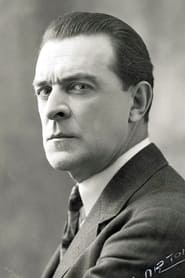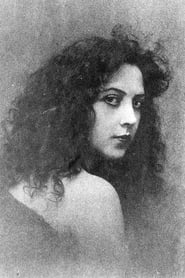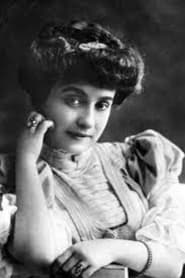Movie: Jeunes filles d'hier et d'aujourd'hui

Jeunes filles d'hier et d'aujourd'hui
HomePage
Overview
Release Date
1915-01-01
Average
0
Rating:
0.0 startsTagline
Genres
Languages:
Keywords
Similar Movies
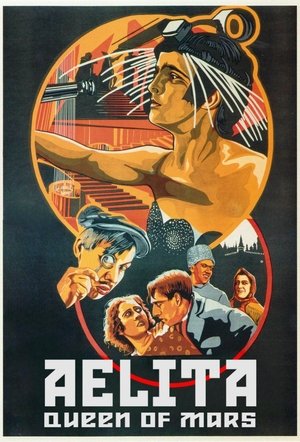 5.9
5.9Aelita: Queen of Mars(ru)
A young man travels to Mars in a rocket ship, where he leads a popular uprising against the ruling group with the support of Queen Aelita, who has fallen in love with him after watching him through a telescope.
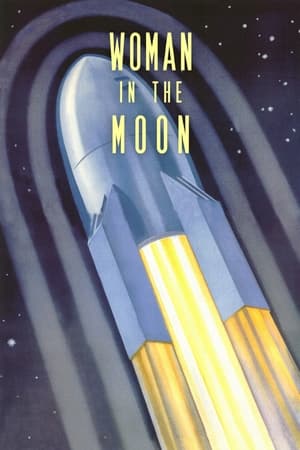 7.2
7.2Woman in the Moon(de)
A scientist discovers that there's gold on the moon. He builds a rocket to fly there, but there's too much rivalry among the crew to have a successful expedition.
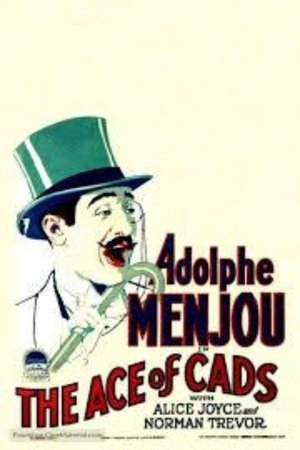 0.0
0.0The Ace of Cads(en)
An officer in the British Guards takes to drink when a friend and fellow officer convinces the woman they both love that he has another woman.
 7.1
7.1Intolerance: Love's Struggle Throughout the Ages(en)
The story of a poor young woman, separated by prejudice from her husband and baby, is interwoven with tales of intolerance from throughout history.
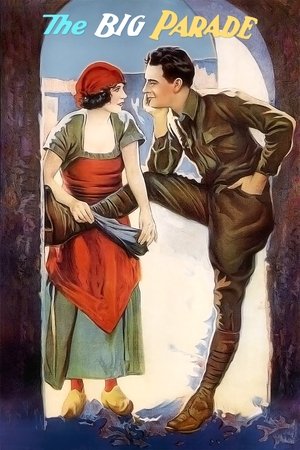 7.6
7.6The Big Parade(en)
The story of an idle rich boy who joins the US Army's Rainbow Division and is sent to France to fight in World War I, becomes friends with two working class men, experiences the horrors of trench warfare, and finds love with a French girl.
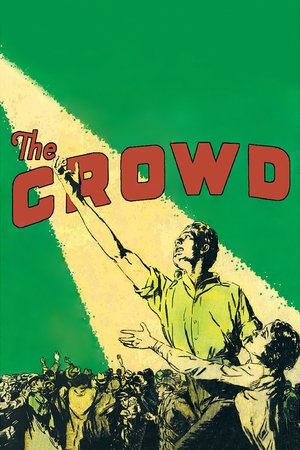 7.6
7.6The Crowd(en)
John, an ambitious but undisciplined New York City office worker, meets and marries Mary. They start a family, struggle to cope with marital stress, financial setbacks, and tragedy, all while lost amid the anonymous, pitiless throngs of the big city.
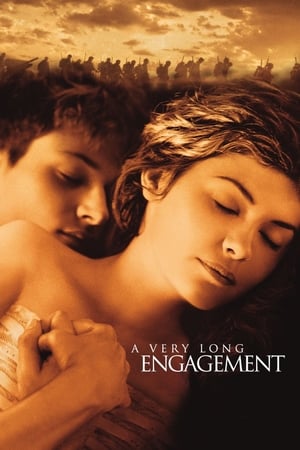 7.3
7.3A Very Long Engagement(fr)
Young Frenchwoman Mathilde searches for the truth about her missing fiancé, lost during World War I, and learns many unexpected things along the way. The love of her life is gone. But she refuses to believe he's gone forever — and she needs to know for sure.
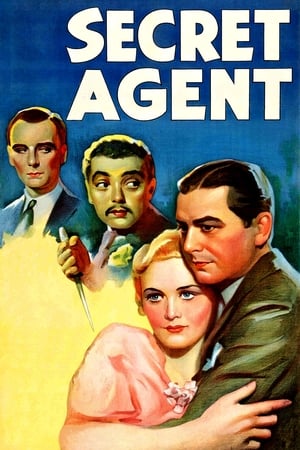 6.1
6.1Secret Agent(en)
After three British agents are assigned to assassinate a mysterious German spy during World War I, two of them become ambivalent when their duty to the mission conflicts with their consciences.
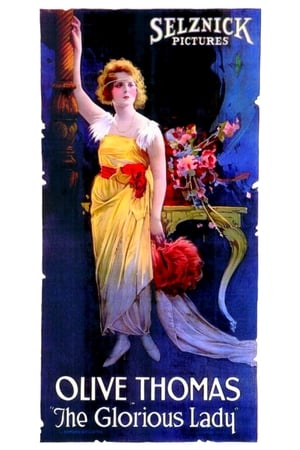 6.0
6.0The Glorious Lady(en)
During an annual celebration in which English peasants and aristocrats mingle, the Duke of Loame is thrown from his horse and saved by Ivis Benson, the daughter of a tenant farmer. Both injured, they fall in love, to the dismay of his mother and Lady Eileen, his intended bride.
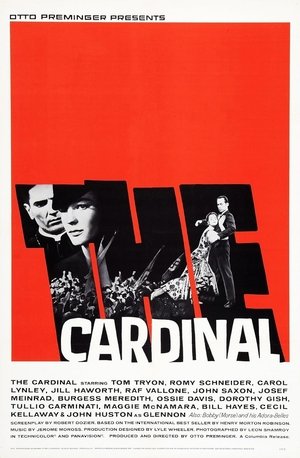 6.5
6.5The Cardinal(en)
A young Catholic priest from Boston confronts bigotry, Nazism, and his own personal conflicts as he rises to the office of cardinal.
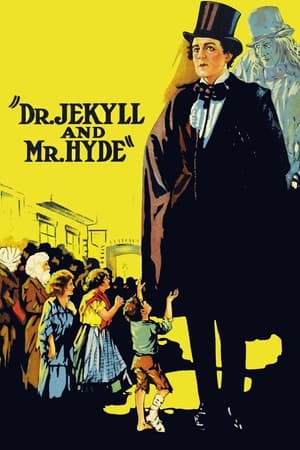 6.7
6.7Dr. Jekyll and Mr. Hyde(en)
A doctor's research into the roots of evil turns him into a hideous depraved fiend.
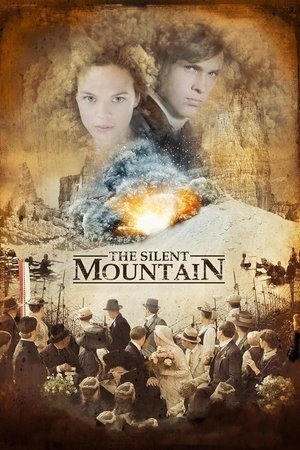 5.5
5.5The Silent Mountain(de)
A young Austrian soldier in World War I fights his way through the Alps to rescue his Italian girlfriend and escape the impending explosion that will rock the mountain.
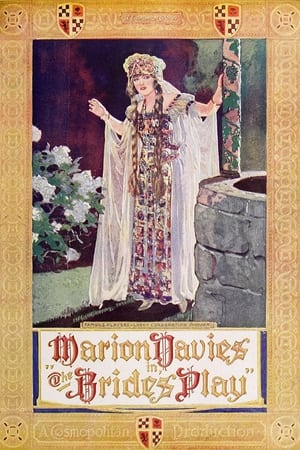 5.1
5.1The Bride's Play(xx)
A sweet-natured young Irish woman is courted by a romantic poet and a local country gentleman. Which man will she choose?
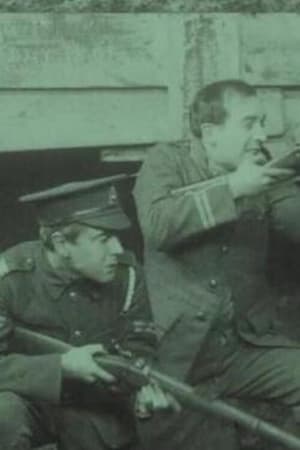 5.0
5.0The Man Who Came Back(en)
The son of a wealthy merchant fakes his own death to join up, but his heroic act at the Front is wrongly attributed to his cowardly cousin.
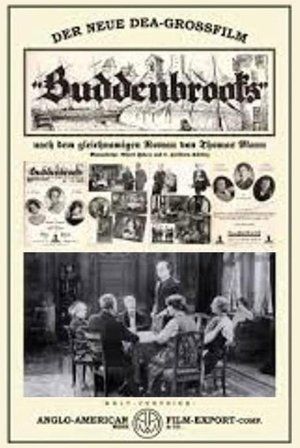 5.0
5.0Die Buddenbrooks(de)
Four-generation story-saga dealing with the decline of a middle-class Lübeck family. The first adaptation of a Thomas Mann book was also Gerhard Lamprecht’s first major film.
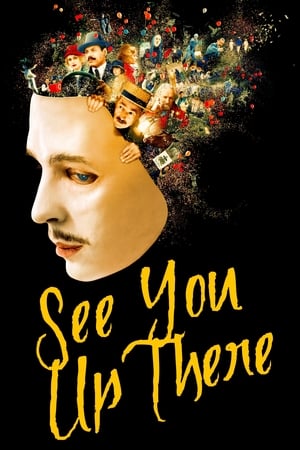 7.8
7.8See You Up There(fr)
In November 1918, a few days before the Armistice, when Lieutenant Pradelle orders a senseless attack, he causes a useless disaster; but his outrageous act also binds the lives of two soldiers who have nothing more in common than the battlefield: Édouard saves Albert, although at a high cost. They become companions in misfortune who will attempt to survive in a changing world. Pradelle, in his own way, does the same.
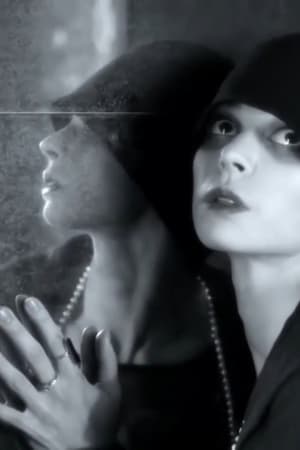 5.0
5.0Diamonds. Theft(ru)
This is a poetic film set in the times of Lenin's NEP. A ballet dancer steals a brooch and gives it as a present to another dancer. This is a crime of passion. A mysterious black ball is after the heroine. She runs away from it and manages to give the brooch in an exquisite pirouette movement, as shiny as diamond facets. What gives a stone its dazzling luster are its polished facets. But the real gem is love, and it's much harder to get than any diamond in the world.
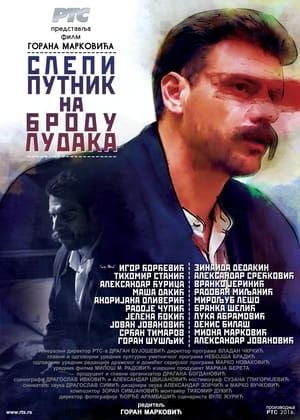 0.0
0.0A Stowaway on the Ship of Fools(sr)
The story takes place in the Belgrade mental hospital on Guberevac during the WWI, where notable Serbian writer Petar Kočić spends his last years of life. The safety of mental hospital in a war-torn Belgrade is disrupted when the deputy military governor in occupied Belgrade, Kosta Herman, finds out that Kočić is in the hospital and decides to settle old scores with him.
Song of the Shell(en)
Suffering with ennui, bored by society, Annie Bradley, a wealthy girl, is anxious to make her time more profitable by doing something worthwhile.
The Investigation: A Silent Film(en)
A troubled detective tries to solve the case of a murdered woman in broad daylight before his demons get the best of him.


